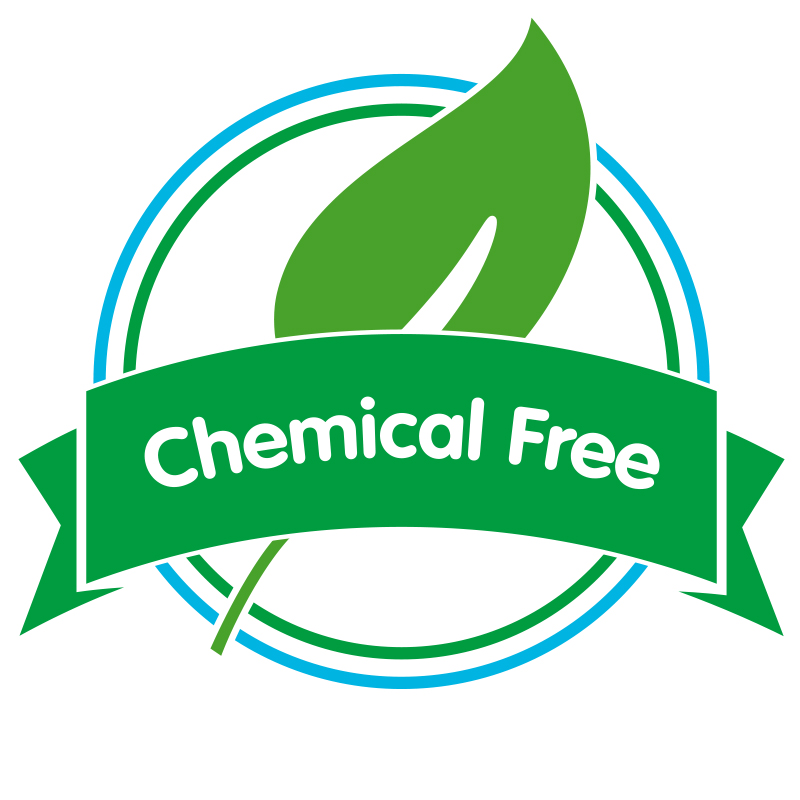 Sodium Lauryl Sulphate, parabens, petroleum, phthalates… the list of ingredients you might want to avoid just seems to keep growing. The latest one to hit the headlines is triclosan. The US has banned the use of triclosan, triclocarban and 17 other antiseptics in household soaps. Not only have these antiseptics been shown to have no benefits, the Food and Drug Administration have ruled they may not even be safe.
Sodium Lauryl Sulphate, parabens, petroleum, phthalates… the list of ingredients you might want to avoid just seems to keep growing. The latest one to hit the headlines is triclosan. The US has banned the use of triclosan, triclocarban and 17 other antiseptics in household soaps. Not only have these antiseptics been shown to have no benefits, the Food and Drug Administration have ruled they may not even be safe.
But what is triclosan? Why has it been banned by the US? And how can you avoid it?
First off, what is triclosan?
Along with lots of other ingredients with hard to spell names, triclosan is an antiseptic. It’s included in some products in order to kill bacteria. Now, it’s understandable that people are concerned about bacteria. Good hygiene is important to keep germs and bad bacteria at bay. But antiseptics and antibacterials don’t discriminate. They kill all bacteria, whether it’s harmful or not. And that’s the crunch. Because we need bacteria to stay healthy. In fact some bacteria can actually protect us from harmful pathogens.
Why has triclosan been banned by the US?
Studies have shown that including antibacterials in soap doesn’t reduce the spread of infectious disease. So there’s just no need for them to be there. And what’s more, they may not be safe.
Triclosan crosses the skin barrier. It ends up in plasma, urine and even breast milk. Animal studies have shown that triclosan can disrupt hormones. It hasn’t been deemed to be directly harmful to humans yet, but a lot of people aren’t convinced it’s been shown to be completely safe either.
Another serious concern is that bacteria are clever little blighters. They’re becoming immune to the things we use to kill them. And that really is dangerous. Because the ways they change to resist triclosan can also help them to resist antibiotics. Which means the widespread use of triclosan and other antiseptics could mean that lifesaving medication becomes less effective.
Can I buy triclosan-free soap here in the UK?
Thankfully, yes. However, it can actually be quite difficult to find triclosan-free soaps if you’re shopping on the high street. It’s believed a whopping 40% of soaps include at least one of the antiseptics on the US’s banned list.
At BigGreenSmile, we don’t sell any products that contain triclosan.
All of our soaps are triclosan-free. And we have hundreds to choose from. Our Method hand soaps are very popular with customers. As well as being very effective, they smell lovely. The lavender fragrance is a bestseller, as is the green tea and aloe. The limited edition triclosan-free Method soaps look fab and smell lovely. (Check out the uber-funky mimosa sun design.)
If you prefer triclosan-free bar soaps, take a look at the Faith in Nature range. They come in a wide range of fragrances, including grapefruit, coconut and even chocolate! And they’re packed with nourishing natural ingredients.
So that’s triclosan-free soaps sorted, but what about other triclosan-free products?
Triclosan can be found in lots of other everyday items, including toothpaste, deodorants and laundry detergents. So as well as triclosan-free soap, you might want to look for other triclosan-free products. As mentioned, we never knowingly sell any product that contains triclosan.
Toothpaste tends to be one of the biggest concerns for our customers, as it’s so easy to swallow. We can recommend Green People’s toothpastes. As well as being triclosan-free, these toothpastes are fluoride-free. They also don’t contain artificial sweeteners, petrochemicals, colourants and other such ingredients you might want to avoid. Along with mint flavours, there’s Fennel & Propolis Toothpaste and Citrus & Aloe Vera, as well as kids’ toothpastes.
We’d love to hear what you think if you try any of the products we’ve recommended. So please do consider leaving a customer review, or dropping us a tweet.